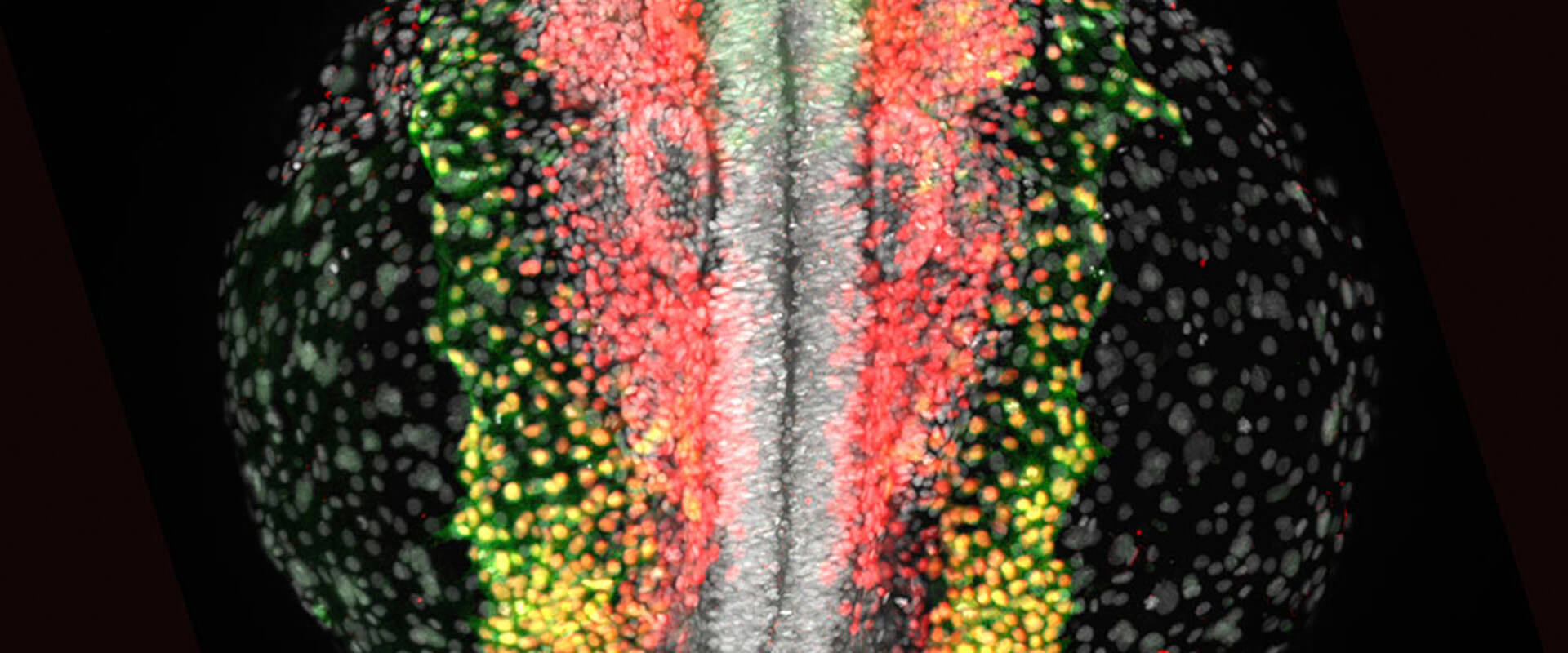The evolutionary history of Ephs and ephrins: towards multicellular organisms
Eph receptor (Eph) and ephrin signaling regulate fundamental developmental processes through both forward and reverse signaling triggered upon cell–cell contact. In vertebrates, they are both classified into classes A and B, and some representatives have been identified in many metazoan groups, where their expression and functions have been well studied. We have extended previous phylogenetic analyses and examined the presence of Eph and ephrins in the tree of life to determine their origin and evolution. We have found that 1) premetazoan choanoflagellates may already have rudimental Eph/ephrin signaling as they have an Eph-/ephrin-like pair and homologs of downstream-signaling genes; 2) both forward- and reverse-downstream signaling might already occur in Porifera since sponges have most genes involved in these types of signaling; 3) the nonvertebrate metazoan Eph is a type-B receptor that can bind ephrins regardless of their membrane-anchoring structure, glycosylphosphatidylinositol, or transmembrane; 4) Eph/ephrin cross-class binding is specific to Gnathostomata; and 5) kinase-dead Eph receptors can be traced back to Gnathostomata. We conclude that Eph/ephrin signaling is of older origin than previously believed. We also examined the presence of protein domains associated with functional characteristics and the appearance and conservation of downstream-signaling pathways to understand the original and derived functions of Ephs and ephrins. We find that the evolutionary history of these gene families points to an ancestral function in cell–cell interactions that could contribute to the emergence of multicellularity and, in particular, to the required segregation of cell populations.

 English
English

